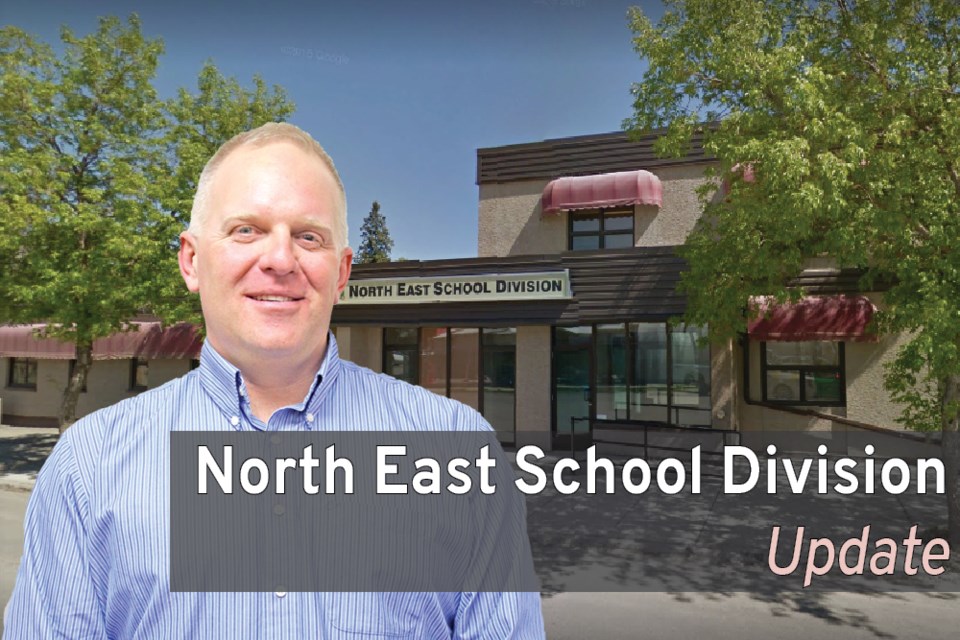The North East School Division is asking for two portables each for Melfort’s Brunswick and Maude Burke elementary schools, Nipawin’s Central Park Elementary and Tisdale Elementary.
Don Rempel, the division’s director of education, said that while the schools aren’t completely filled, they are full enough for the division to start looking at converting non-instructional spaces like computer labs into instructional spaces.”
“Today, we’re using the maximum amount of our school for instructional spaces,” he said after the Oct. 24 board meeting.
The division is hoping it will be able to receive some portables as new schools have been completed in Regina and Saskatoon, reducing the demand for the buildings.
If the Melfort schools were able to secure the portables, the pre-kindergarten programs could again be held at all three of the city’s elementary schools instead of being centralized at Reynolds Central.
“Those schools are all going to be able to use that space for sure in the foreseeable future,” Rempel said.
While the director of education said they aren’t at that point yet, room could be made in Nipawin by shifting certain grades into Wagner School and LP Miller Comprehensive, and in Tisdale by moving Grade 5s into Tisdale Middle & Secondary School.
Pre-kindergarten affecting outcomes
The pre-kindergarten program is showing some success in making sure the most vulnerable children are on the right path to learn.
The division tracked 80 students that participated in the pre-kindergarten program in the 2012-13 school year. Of those students, 59 – now in Grade 3 – are still in the North East School Division. Forty-one were exceeding expectations in their reading assessments and three were meeting expectations.
“We’re seeing that the most vulnerable kids coming out of pre-Kindergarten can be successful by Grade 3,” Rempel said.
Final year for innovative solutions program
A program aimed at giving schools the power to address their own problems is hitting its third and final year.
Luke Perkins, the division’s chair, said the North East School Improvement Program has been well-received.
“They get some control, they get to custom-tailor to their needs and wants in the school for the programs that they see a good fit for.”
Some of the results of the program include Mamawe, which aims to improve school for First Nations students in Nipawin; literacy programs in Tisdale and Nipawin, playground projects, and expansions to shop classes.
“It’s definitely something that we’d sure like to see continue,” Perkins said. “Now the board will have a talk to see if there’s funding available to continue it on again for another year.”
Strategic plan looks at whole child
The division has also passed a four-year strategic plan that will guide how the board sets policy.
The plan’s four goals include: 1) having students ready to learn in Grade 1 to 3; 2) having students meet or exceed grade level in reading, writing and math; 3) having First Nations and Métis students be successful in learning and graduate on time; and 4) supporting the feeding students’ body, emotions, mind and spirit to increase their sense of well-being and connectedness and improve student achievement.
That last goal is new for the division.
“It’s to validate all of the good work that schools already do to support the whole child,” Rempel said.
The director of education said schools already run nutrition programs, work to improve citizenship among students and find ways to show students how to properly regulate their emotions. He said the goal was a recognition that success for students isn’t just about academics, but having things like friendship with each other.
The strategic plan will trickle down to the schools over the coming months as they build their own strategic plans.




